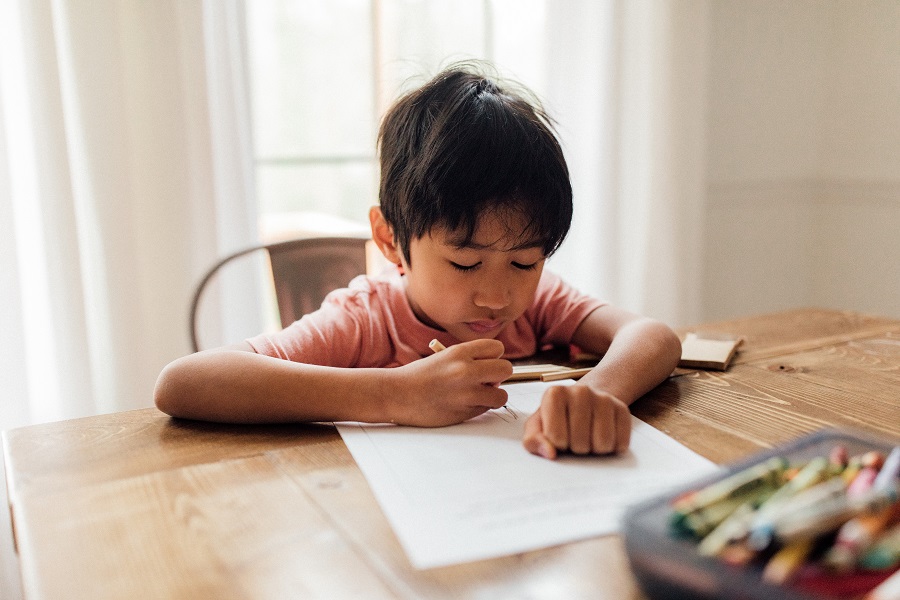
By Professor Karen Guldberg, Director of the Autism Centre for Education and Research (ACER)
School of Education, University of Birmingham
“In this new reality, it is crucial to find ways to support autistic children to reduce their anxiety. Without making this a priority, learning will be seriously compromised and mental health will suffer.”
Originally posted as a blog piece for WISE.
These are anxious times for us all. The whole world is living the same overarching story of dealing with the consequences of COVID-19. The outbreak has led to school closures in 165 countries, impacting over 1.5 billion learners. Schools are out and children are learning at home. The division between home and school is being blurred. Children are losing grasp of important daily structures and routines.
On a daily basis, parents are asking themselves how long this will go on, what kind of world we will all come back to, what the long-term consequences will be, and how we can best support children.
While we are all affected by the pandemic and the world’s response to it, people will experience the current situation in different ways. Autistic children are particularly affected as most find change and unpredictability very difficult. Many have said that the current situation is making them feel like their world is caving in. Anxiety levels are high for most autistic people at the moment.
In this new reality, it is crucial to find ways to support autistic children to reduce their anxiety. Without making this a priority, learning will be seriously compromised and mental health will suffer.
Four key ways parents can help autistic children to reduce anxiety include:
- Managing the information they receive about the crisis
- Creating new structures and routines
- Building exercise and relaxation into those routines
- Accepting the child’s coping strategies and supporting them with finding ways to regulate anxiety
Give clear and concrete information about the crisis.
Do not make uncertainty and fear greater than is absolutely necessary. Be careful not to watch the news too much with the child as this can be overwhelming and frightening. Be realistic but be hopeful too if you can. Communities are coming together in a positive way to support one another, science is progressing fast and people are working together in unprecedented ways. Do let your child ask questions and express their fears, and do your best to answer those honestly and clearly. Be truthful and honest, but also reassuring. Repeat the safety measures and precautions as much as necessary and emphasize the scientific facts.
Create new structures and routines.
Keep the day sequential and create new predictability for your child. Most autistic children need structure and well-organized activities. Many are visual learners so it can help to provide information about the day in a visual format by using words, symbols or pictures. Using a sand timer to count how long the child or young person should wash their hands can help too.
Exercise, relax and focus on wellbeing.
Keep exercising. Hopefully, you can get out and walk as walking is rhythmic and soothing. Relaxation times will be needed. That could include yoga, walks, jumping in puddles- whatever the child or young person is most motivated by. Give your child opportunities to talk about issues that worry them.
Accept the child’s coping strategies.
This could include rocking, stimming, having space and time to do what they want to do, or simply staying close to you. It will vary from child to child, but your child will need coping strategies to manage anxiety. Similarly, let them focus on what they are motivated by and try to use their interests as a gateway to learning.
Finally, try to have fun in the midst of the difficulties if you can. Play board games, do chores together (in a fun way!) and develop shared activities. Let’s try to find silver linings amid these difficult times.
Useful Resources for you
There are many resources available to teachers and parents online. Professor Karen Guldberg and her team at the Autism Centre for Education and Research (ACER) have collated a website with links to good online resources that can help families and teachers. They continue to involve their network in producing a series of short vlogs of positive stories and advice given by autistic people, parents, practitioners, and researchers.
